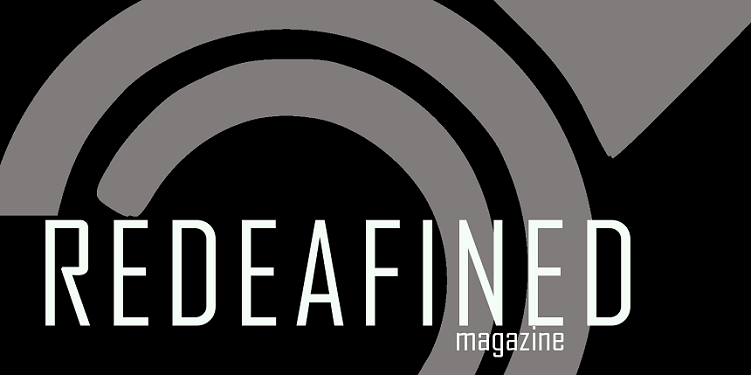| Source: US Dept. of Health |
Editor's note: Noise-Induced Hearing Loss can affect anyone of any age, anywhere in the world. In fact, the Center for Disease Control in the US estimates that 12.5% of children and adolescents (ages 6-19) and 17% of adults (ages 20-69) have suffered permanent damage to their hearing due to preventable prolonged exposure to noise. So get your earplugs ready, and thanks to Claire for laying down the facts!
You would be right of course, but you'd also be overlooking the things that damage our hearing every day, such as traffic noise, loud music, heavy machinery and even your alarm clock! Each of us is continually exposed to the harmful effects of noise on a daily basis, whether it be a chorus of barking dogs or the honking of a car horn. Most people just consider these noises to be part of life rather than a danger to their ears.
Of course, exposure to damaging loud noises is not the only reason people can experience hearing loss; occasionally adult-onset deafness is linked to other medical conditions like infections, diabetes or head injuries. Deafness can be hereditary, and is also a natural part of aging process; presbycusis is the term used to describe this type of age-related hearing loss. However, prolonged exposure to loud noises can be a major contributor to hearing loss, among other health issues.
Noise and Hearing Loss: Noise Induced Hearing Loss (NHL) can occur after a single exposure to a loud noise like an explosion, or after after repeated exposure to different sounds over an extended time period. Damaging sound vibrations enter the ear with such strength that the delicate hairs of the inner ear, as well as the nerve which carries the signals from the hairs to the brain where we interpret it as sound, are damaged. The damage can be caused by either a loud impulse or one-off sound, or by exposure to continual loud noise, for example the noise experienced every day by people working in a factory.
Sypmtoms: When NHL occurs due to exposure to a single loud sound, like an explosion or night a at a rock concert, a listener might notice a ringing in one's ears. Known medically as tinnitus, this sound is actually your ears' hair cells sending a protective message to your body that they are overstimulated, and, in most cases goes away after a few hours. However, this ringing can become permanent for some people who are exposed to prolonged noise pollution without ear protection. It can also be a symptom of a kind of fluctuating hearing loss called Meniere's Disease. Other symptoms of NHL include sounds and voices sounding muffled or distorted. One's ability to hear higher frequency sounds is often affected first. This may include the vocal range of women and children; their voices can become lost in the background noise of an environment. Because NHL affects the auditory nerves that interpret sound, those who experience NHL often complain that even when using hearing aids "they can hear, but cannot understand."
How Loud is Too Loud? Sound levels are measured in decibels. General conversation occurs at around 60 decibels, and anything that registers 80 decibels or above can do permanent damage to your hearing. One way to test whether a sound is too loud is if you have to shout to be heard by someone next to you. The louder the noise the less time you should expose yourself to it. Think about the different places that you go and and what kind of noise levels you experience. If you listen to music, go to gigs, enjoy time at the speedway or as part of the crowd at a football match, you are exposing yourself to levels of harmful noise. Earbud headphones can be dangerous because they produce loud sounds right inside the ear canal, in close proximity to the inner ear. So be careful how loud and for how long you or your children turn up the volume on your iPod, and consider wearing ear plugs to noisy events to limit the impact on your ears.
About the Author: Claire writes for www.yourhearing.co.uk, a website which specialises in offering free and impartial advice to those experiencing the symptoms of hearing loss.

There are a few jobs that are particularly noisy. Noise-induced hearing loss can be pretty extreme: a 25-year old carpenter has the ears of a 50 year-old person who has not been exposed to noise! http://www.audicus.com/blogs/hearing-aids-blog/6210008-the-top-6-noisiest-jobs-hearing-loss-by-occupation
ReplyDeleteIf you are eager to find out the best ways of getting rid of Tinnitus, then you should consult the doctors and specialists immediately. -Gladys
ReplyDelete